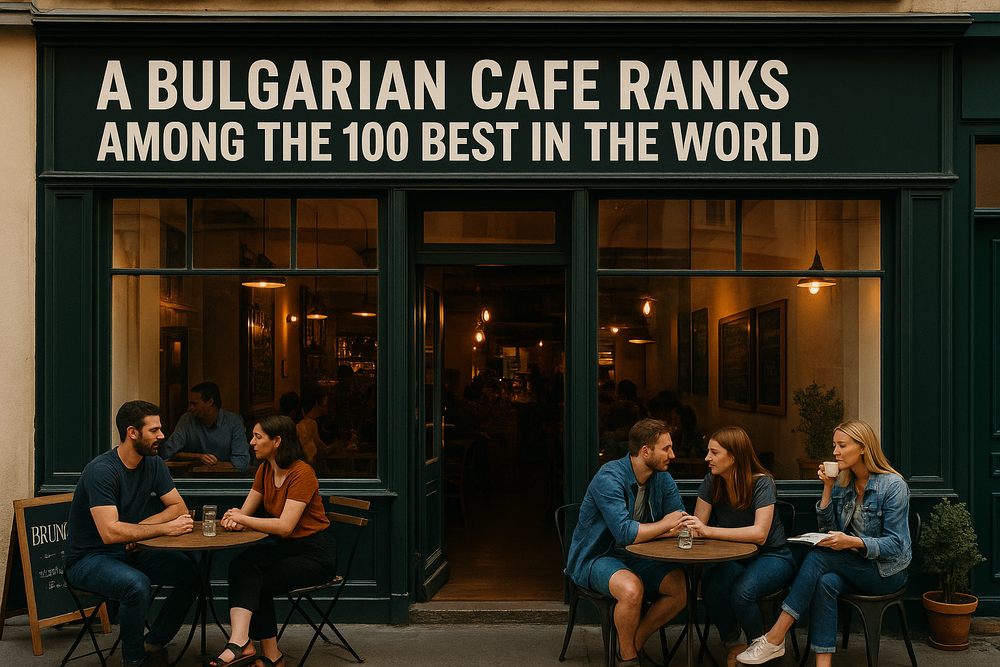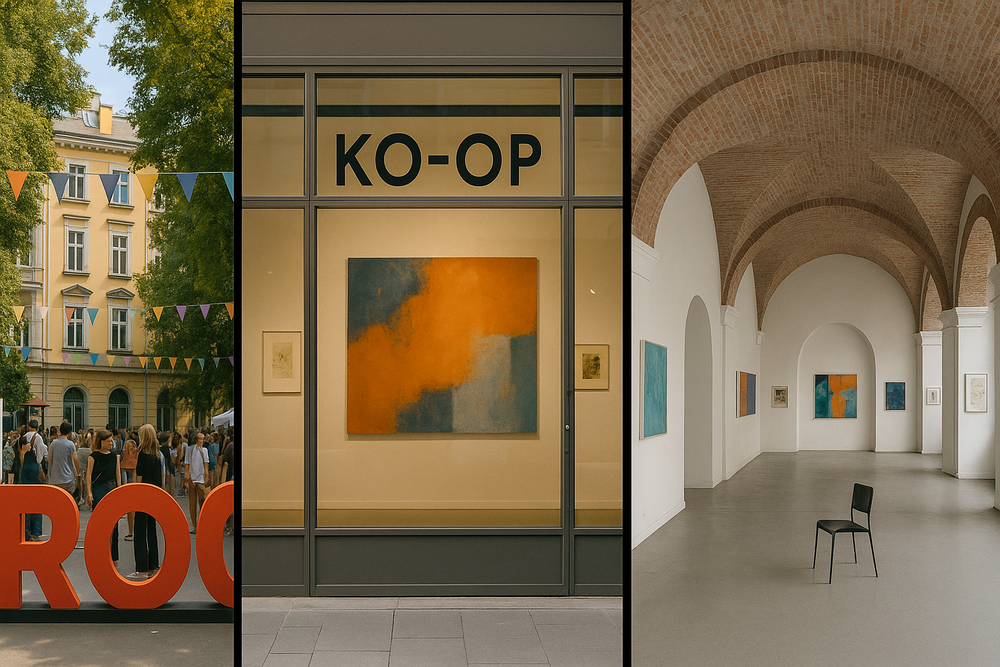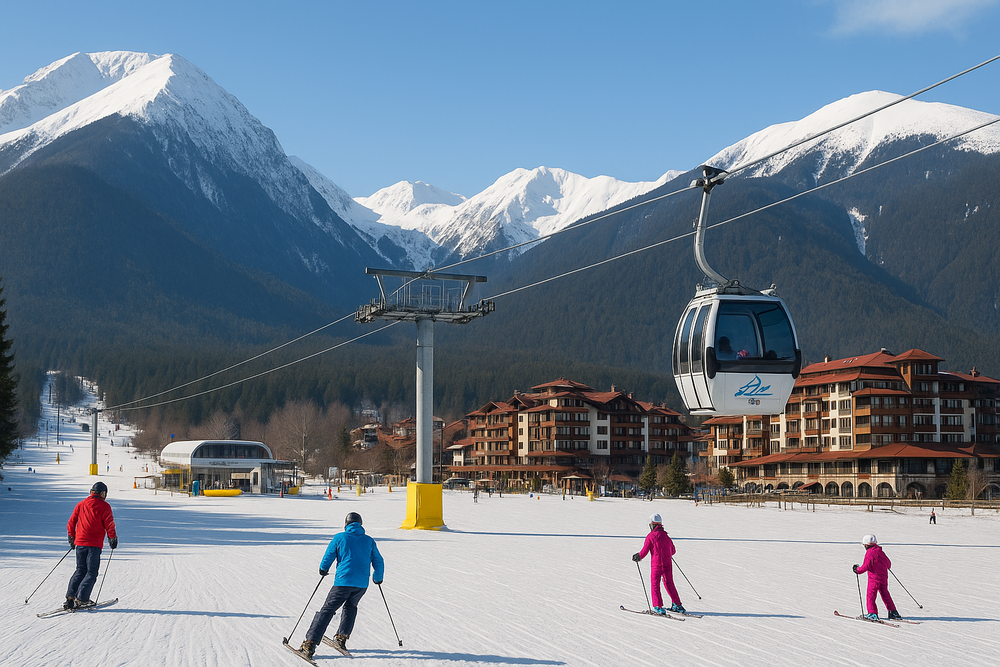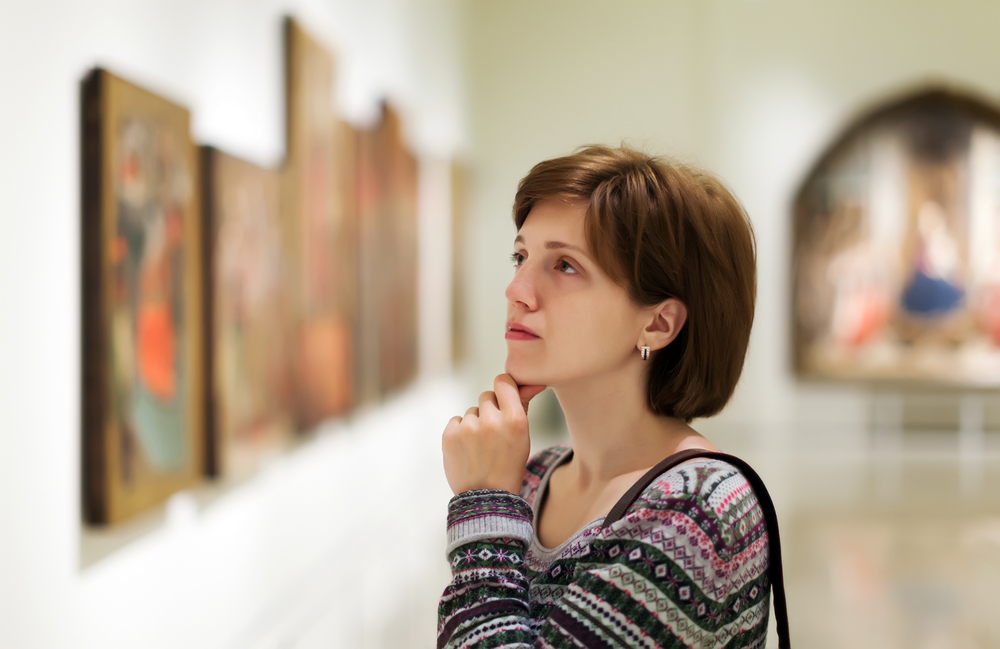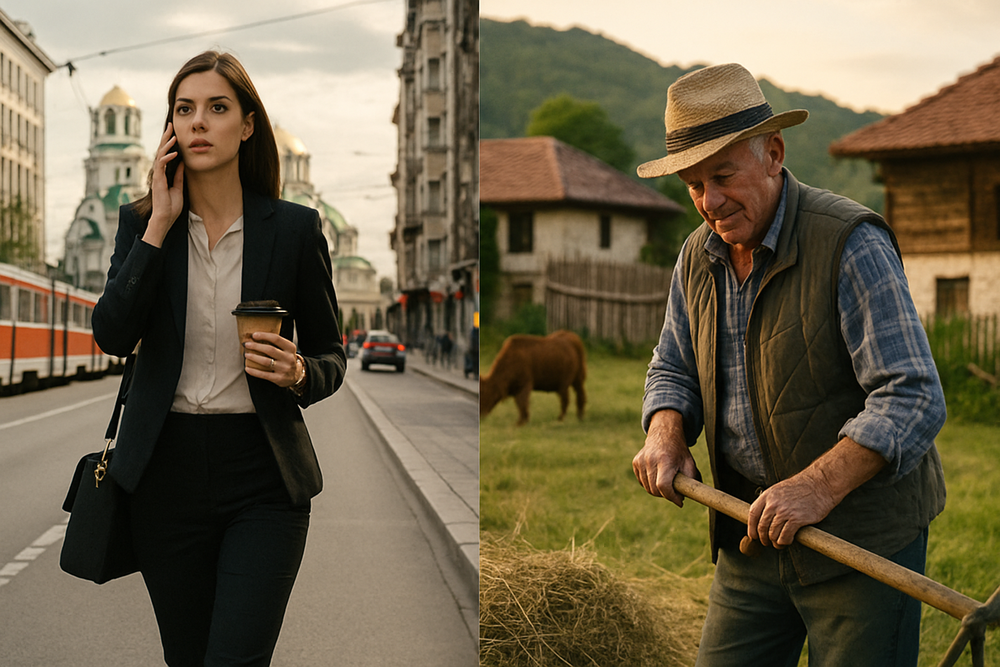
City vs. Village Life: Contrasts in Bulgarian Lifestyles
In Bulgaria, the distance between the capital Sofia and a small mountain village might be only a few hundred kilometers, but in lifestyle, it can feel like two different worlds. The country’s urban-rural divide reveals how history, modernization, and tradition intertwine, shaping daily life in unique ways.
A young professional in Sofia begins the day with the buzz of the city – traffic humming along boulevards, trams rattling past historic facades, and coffee shops opening their doors to early commuters. Work often means a fast-paced schedule in an office or tech hub, with meetings, deadlines, and a constant connection to the digital world. Lunch might be a quick bite from a street vendor or a trendy café. Evenings offer endless options: theaters, gyms, live music bars, and shopping malls. Life in Sofia is dynamic, but it also comes with its share of stress, higher living costs, and the challenge of carving personal space in the city’s constant motion.
In contrast, a farmer in a small village wakes up to a different rhythm. The morning is defined not by an alarm clock but by the crowing of roosters and the first rays of sunlight. Work blends seamlessly with nature’s schedule – feeding livestock, tending vegetable gardens, or preparing for a day in the fields. The pace is slower but physically demanding, and seasons dictate the tasks. Community life is deeply woven into daily routines; neighbors exchange fresh produce, help repair fences, and gather for local festivals that preserve centuries-old traditions.
Access to services marks another clear divide. In cities, healthcare, education, and modern infrastructure are within easy reach. In rural areas, a doctor might visit only once a week, and young people often travel long distances for school or work. Internet connections are improving, but some regions remain on the edge of Bulgaria’s modernization drive, with patchy coverage and limited access to digital services.
Yet, modernization is not absent from the countryside. Solar panels appear on old stone houses, small guesthouses cater to tourists seeking an escape from city life, and some villagers run successful online businesses from their quiet surroundings. Meanwhile, urban dwellers increasingly look to rural areas for weekend getaways, drawn by the fresh air, slower pace, and authenticity that city life can’t replicate.
The contrast between city and village life in Bulgaria is not a simple divide but a dialogue between the past and the present. Sofia’s energy pushes the country forward, while the villages keep its traditions alive. Together, they create a portrait of Bulgaria that is as diverse as it is interconnected – a place where modern ambition and timeless rhythms coexist, each offering a different way to live and belong.
